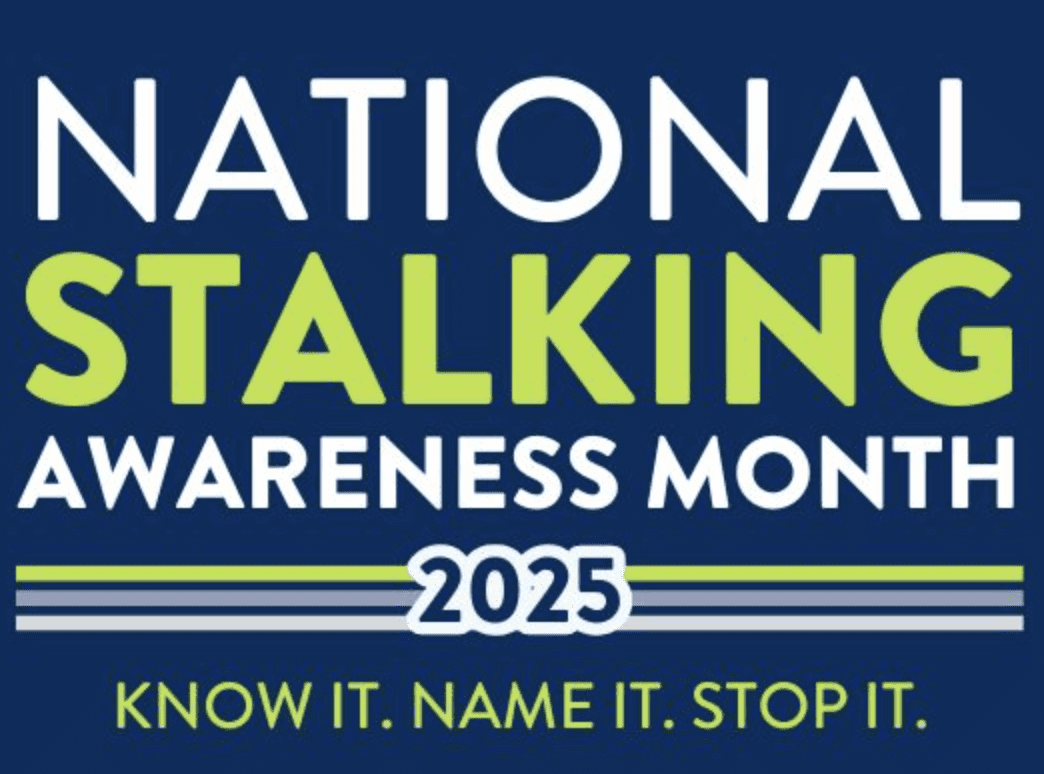By Abigail Knowles Wolfe
Sonshine Communications
Age and the process of aging has become quite the item of discussion lately with scientists and doctors alike seemingly fascinated with the lifestyle factors that contribute to long life and the increase in lifespan that we as a nation are currently witnessing. We’ve all most likely known octogenarians (people in their 80’s) and even an nonagenarian or two (people in their 90’s), yet it’s still pretty rare to interact with those having crossed the astounding 100 year mark.
According to U.S. Census Bureau statistics, there were around 5 million people aged 85 years or older in 1999 and it is projected that there will be around 12 million individuals in this age range in 2010, the not so distant future. Furthermore, according to facts provided by the Administration on Aging (AOA), demographers estimate that the number of African American elders specifically will increase by 102 percent between 1990 and 2020.
While it is wonderful to think of our loved ones sticking around to be a part of our lives and communities at large for many more years to come, it is also important to think about the types of social programs available to sustain our aging population and their mental, emotional and physical health. Many older individuals have collected a great deal of life skills along the way that contribute to their own happiness and enjoyment of life, which aging experts contend is a main reason they’ve reached such age milestones in the first place.
Moreover, remembering our elderly population in a reverential way is vital for building a sound tomorrow. Respecting their wishes, hopes and dreams, listening to their stories and wisdom can bring hope and joy to all those involved in this changing aging process.
Abigail Knowles Wolfe is a writer for Black PR Wire.



